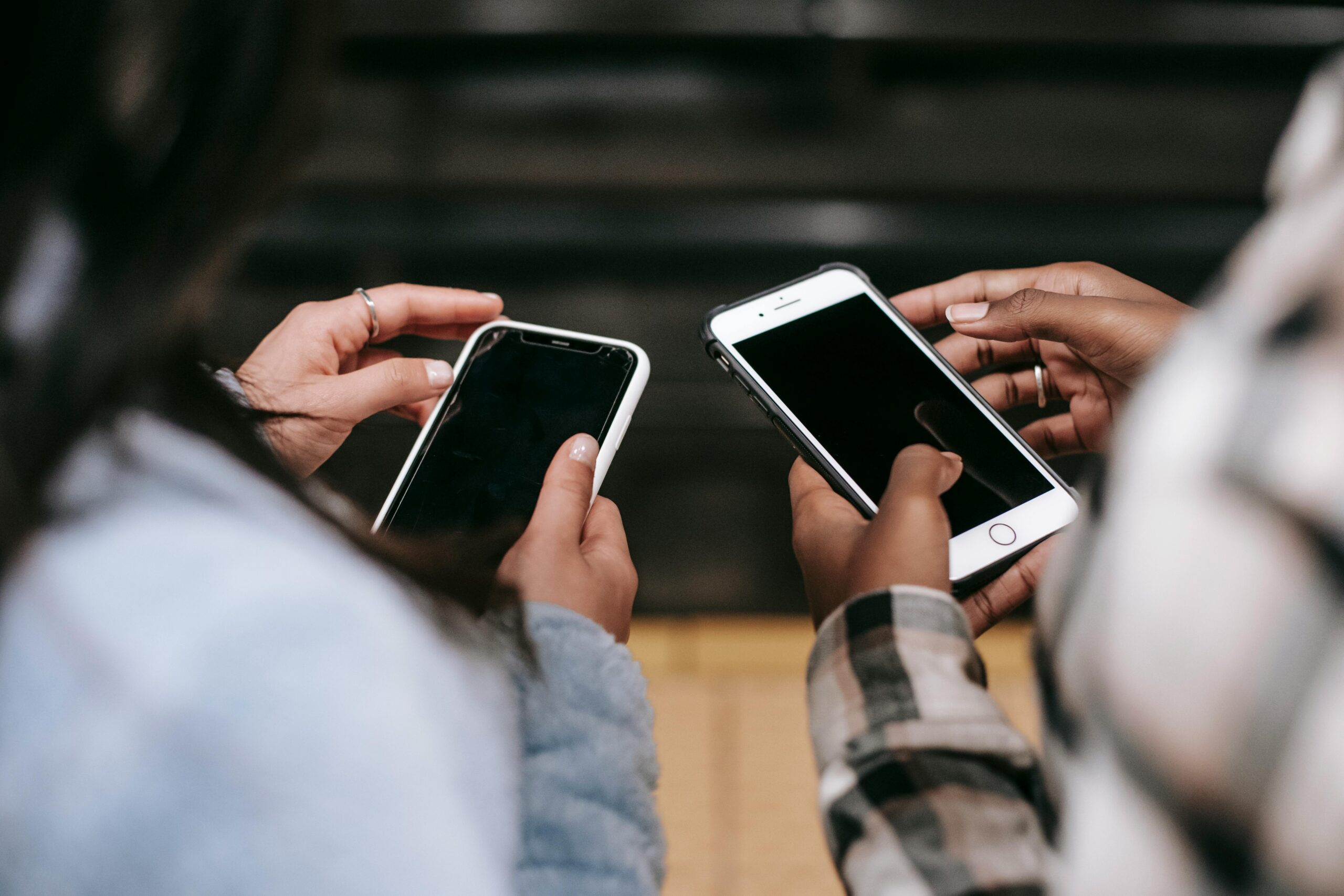
By Nicole McCray
[TW: mention of suicide]
Although it is 2023 and we have seen many gains for the LGBTQ+ community, they are also facing increasing discrimination through legislation and misinformation campaigns, which can impact wellbeing and mental health. Gender and sexuality-expansive individuals can be exposed to incredible social pressure and stress, conducive to mental health problems that can get neglected for years.
Taking better care of your mental health is more important than ever, as the pandemic has shown us these past few years. We’re still far away from a good mental health care system set in place for the LGBTQ+ community here in the United States, but there are small, everyday ways you can empower yourself on your journey to positive mental health. So let’s focus on one of the most therapeutic and simple things you can do for your well-being – journaling.
Why should you try journaling?
You might have heard quite a bit about journaling and the positive effects it can have on your emotional and mental health, but still haven’t tried it. Maybe you think you need to have a knack for writing or that you don’t have the time or patience for it. The truth is that having a journal is one of the best ways to keep a close eye on how you’re feeling, your triggers, your blessings, and everything in between.
Journaling is whatever you make of it. The only thing you need is a pen and a notebook, or if you prefer doing things digitally, your phone or your laptop. Everything after that is between your mind and that blank piece of paper.
More often than not, the only time when you can be completely open and uncensored is when you can relax knowing that no one else will ever hear it. This is especially true when you’ve been suppressed and silenced by your surroundings for most of your life. That’s why journaling can be so healing – you’re letting go of all those tightly packed, knotted feelings you wouldn’t dare say out loud.
The Power of Expressive Writing
Editing your words, and with that your thoughts and feelings is something, unfortunately, everybody does. For generations, the LGBTQ+ community has been discriminated against and become the target of attacks via legislation, and these poisonous roots run deep. Showing everything you are in its full glory is incredibly courageous and fulfilling, but before that, it’s terrifying.
This is where expressive writing comes into play. It’s a small step toward showing up for yourself and speaking up for those who still don’t have the strength to do so. The practice of expressive writing is at the core of journaling for mental health, powerful in its simplicity, yet not easy.
All you have to do is sit and write openly, as thoughts come, resisting the urge to edit or downplay anything. The approach is often used to deal with traumatic events on your terms, in the privacy of your home and your words.
The fundamental benefit of journaling is writing down extremely uncomfortable feelings and thoughts you’ve never fully faced. Expressive writing can be deeply cathartic, but also messy and very hard. Not only is it therapeutic, but also liberating because once all that negative charge is out, you’ve got room for all the good decisions and changes you want and need in your life.
Advantages of Keeping a Journal
Putting your thoughts on paper can help with anything from anxiety and depression to achieving goals and expressing gratitude. Journaling is as versatile as it can be, and the only limit to what you’ll make of it is your imagination.
You can use it to jot down your everyday thoughts and feelings, plain and simple. If you’re working your way through difficult relationships, setting goals, or processing your emotions, writing it all down is the easiest way to gain a fresh perspective and think more clearly about them. Journaling also helps with:
- Identifying your triggers so that you can understand your reactions better and what you need to do to let go of them
- Stress relief because when you pour out negative thoughts, clarity and peace take their place
- Dealing with anxiety and depression through a deeper understanding of your thinking and emotional behavior and negative feedback loops
- Accepting who you are and being completely open about your desires, feelings, and imperfections
- Mitigating PTSD symptoms and writing them down so that you can recognize them more easily
- Identifying and setting goals and using vision boards, fitness journaling, and to-do lists to achieve them
- Reflection that will shed new light on highly emotional situations
- Expressing gratitude because it’s absolutely crucial to remember everything we already have in our life, that sometimes we can take for granted and this is enough to shift our perception
And the list goes on. The biggest benefit of journaling is that you don’t need any special preparation or funds to get started, just the willingness to give it a try and see where it will take you.
Empowering LGBTQ+ Mental Health – Important as Ever
In 2022, it was reported that 14% of the LGBTQ+ youth community in the US attempted suicide. Deeply alarming as it is, this information points directly to the fact that there needs to be a far bigger and better support system for LGBTQ+ individuals facing mental health turmoil.
Journaling is a small step that you can take to improve your overall well-being and one that you should take full advantage of. The insights and relief you’ll get from it can’t be overstated and the practice might just prepare you for bigger steps towards better mental health and life.


Nicole McCray is a content creator who spends her time writing about everything, including beauty, health and wellness, pet care, music, movies, and TV. She writes for various blogs and loves using her insight to help any audience.
















